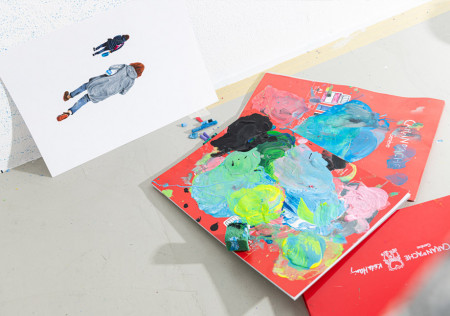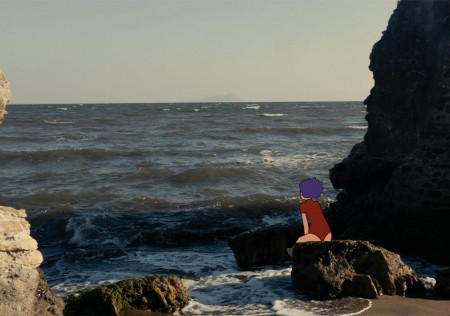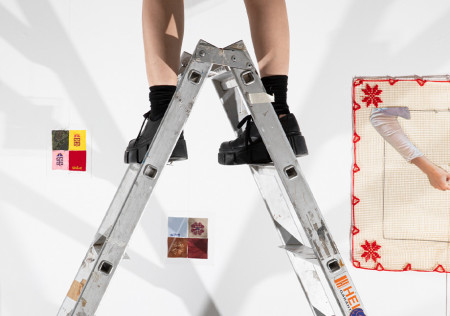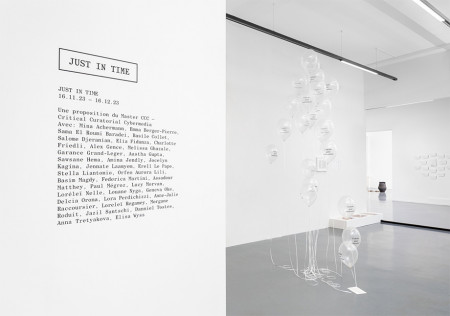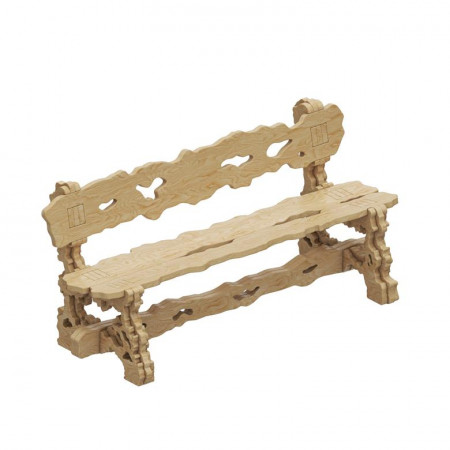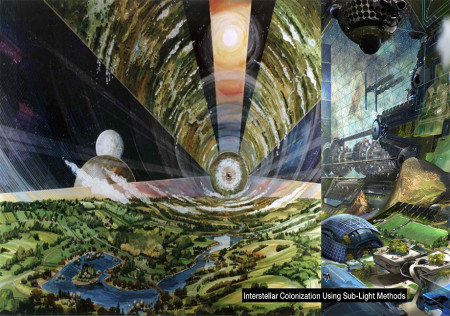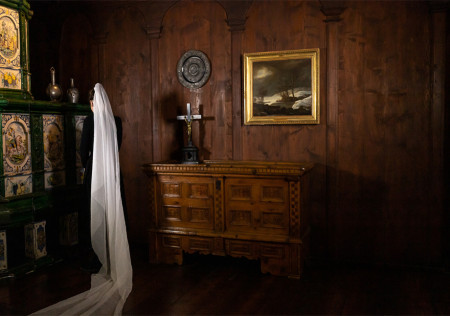- The school
- Studies and Research
- BACHELOR
- MASTER
- DOCTORATE
- RESEARCH
- TRANSDISCIPLINARITY
- POOLS
- CONTINUING EDUCATION
- Continuing education 2025-2026
- Artificial Intelligence, initiation
- Artificial Intelligence, Advanced
- Artificial intelligence open-source, ComfyUI
- Creative coding
- Engage with drawing
- Frame-by-frame animation
- Immersive Mapping : Unreal Engine & MadMapper
- 3D exhibition modeling in SketchUp
- 3D modeling, Blender
- Point cloud scanning
- Documentary podcast
- Serious games
- For students
- Studying at the HEAD
- InfoLab
- Living in Geneva
- Tuition fees and sholarship
- Library
- Regulations and instructions
- Projects
- Events
- Press
- Partnerships and prizes
Bachelor of Arts in Fine arts
2026 ADMISSIONS
REFORM OF THE BACHELOR'S PROGRAM IN FINE ARTS
The Department of Visual Arts is currently undertaking a reform of the Bachelor’s program that aims to strengthen its pedagogical coherence, to improve the clarity of the curriculum, and to enhance its alignment with current visual art practices and the realities of professional environments. This restructuring, organized around four new options, affirms the rootedness of multiple practices while preserving the intermediality that characterizes the different fields of contemporary art. It also relies on a repositioning of the options, conceived in relation to types of production as well as spaces and modes of dissemination.
The Bachelor’s programme of the Visual Arts Department at HEAD – Genève is structured around four options, offering a dynamic curriculum conceived as a laboratory for experimentation. Teaching is based on a wide range of formats that combine practice and theoretical reflection, providing students with the tools to position themselves in relation to the issues and realities of the contemporary art world. The programme brings together demanding theoretical and practical courses, as well as specialised transdisciplinary classes. These are enriched by contributions from internationally renowned guests — artists, theorists and curators — as well as by workshops, lectures, seminars, off-campus projects, institutional commissions and cultural partnerships. This openness encourages engagement with a variety of contexts and supports a pedagogy rooted in the current realities of the art field, while also questioning its developments and transformations.
New options :
CHROMA
The CHROMA option focuses on the practices of painting and drawing, inviting students to develop independent thinking and a singular artistic practice. It is organised around the studio, the central place where the personal project is developed and where students acquire the tools needed to situate their work within the contemporary art world and to articulate a critical reflection on their own practice. Painting and drawing enter into dialogue with other media, such as publishing. Experimentation with spatial display, hanging, presentation and collective exhibitions is also part of the skills developed in this option.
DRAMA
The DRAMA option is dedicated to performative practices and the activation of the body in space. Students explore what is at stake through the body: language, identity, social relations and technologies. The option encourages critical reflection and taking a position through individual and collective forms of action. In the studio and through workshops, students experiment with performance tools and techniques, as well as with methods for producing images, sounds, texts and installations in a variety of contexts.
MATERIA
The MATERIA option is devoted to practices of sculpture, installation and the object in space. It invites students to experiment with different materials (wood, metal, ceramics, etc.) and to create objects, assemblages and spatial devices.
The personal project is developed both in the studio and through projects carried out outside the school, in public space or in exhibition venues. Collective work plays a central role, as does reflection on the cultural, social and political dimensions of the constructed object in space.
The personal project is developed both in the studio and through projects carried out outside the school, in public space or in exhibition venues. Collective work plays a central role, as does reflection on the cultural, social and political dimensions of the constructed object in space.
PRISMA
The PRISMA option explores the media of video and photography. It offers a space for experimenting with the tools and techniques of visual and sound-based creation in relation to moving image, sound, and editing. In the studio and in workshops, students learn to build visual and multimedia narratives, as well as to engage with devices such as artificial intelligence or social media from a creative and critical perspective. The option encourages the development of a personal language by exploring the relationships between documentation and fiction, autobiography and archive.
Access to the schedule of the Department Fine Arts
Access to the website of the workshop in animated cinema
See all Fine Arts projects
Guide de l'étudiant-e-x Arts visuels 2025-2026 (only in French)
Head of Department
Scientific deputy
Assistants
Teaching staff
Pascal Berthoud Dit Gallon
Pauline Boudry
Rémi Brandon
Nicolas Chardon
Cindy Coutant
Yan Duyvendak
Vidya Gastaldon
Aloïs Godinat
Christian Gonzenbach
Christophe Kihm
Vincent Kohler
Pierre Leguillon
Christelle Lheureux
Geneviève Loup
Valérie Mannaerts
Nayansaku Mufwankolo
Virginie Otth
Ileana Parvu
Aurélie Pétrel
Claude Piguet
Emmanuelle Pireyre
Delphine Reist
Didier Rittener
Benjamin Stroun
Claude-Hubert Tatot
Swann Thommen
Ambroise Tièche
Niels Trannois
Frank Westermeyer
David Zerbib
Pauline Boudry
Rémi Brandon
Nicolas Chardon
Cindy Coutant
Yan Duyvendak
Vidya Gastaldon
Aloïs Godinat
Christian Gonzenbach
Christophe Kihm
Vincent Kohler
Pierre Leguillon
Christelle Lheureux
Geneviève Loup
Valérie Mannaerts
Nayansaku Mufwankolo
Virginie Otth
Ileana Parvu
Aurélie Pétrel
Claude Piguet
Emmanuelle Pireyre
Delphine Reist
Didier Rittener
Benjamin Stroun
Claude-Hubert Tatot
Swann Thommen
Ambroise Tièche
Niels Trannois
Frank Westermeyer
David Zerbib
Invited speakers
Alfatih, Mabe Bethônico, Garance Chabert, Chloé Delarue, Émilie Ding, Fabien Duperrex, Abdessamad El Montassir, Cédric Fauq, Aurélien Gamboni, Robin Girod, Anne Le Troter, Claire Mayet, Josèfa Ntjam, Clara Périssé, Nefeli Skarmea, Vreni Spieser, Tilo Steireif
Theoretical teaching
Theoretical teaching, in the form of courses and seminars, provides a progressive approach that combines chronological readings using various artistic media (photography, video, performance etc.) and disciplines of thought (art history, philosophy, cultural studies and so on). Its purpose is to help students acquire knowledge and think critically. It is linked to the production of theoretical work and based on interdisciplinary research projects. Some of the courses are organized in partnership with other institutions (including the University of Geneva).
Teaching staff
Documents attachés
Specialized teaching
YEAR 1
Overture 1
The Opening 2 and Opening 3 modules offer the following courses
below:
- Drawing - Figuration, Exploring the server, Jean-Xavier Renaud
- Drawing - Representation, Pascal Berthoud
- Photography - Virginie Otth
-Video - Claude Piguet
- Screens - Hervé Graumann
-Color - Christian Robert-Tissot
-Edition/printing - Remi Brandon
- Ceramic - Christian Gonzenbach
-Three dimensions, Alois Godinat, Luc Mattenberger
YEARS 2 and 3
The modules Approfondissement 1, Approfondissement 2, Approfondissement 3 and Approfondissement 4 offer the following courses
- Writing practices, Emmanuelle Pireyre
- Basic sound / laboratory sound, Swann Thommen
- Video-base / video-laboratory, Claude Piguet
- Drawing-figuration, Jean-Xavier Renaud
- 100% Digital, Hervé Graumann
- Built object, Luc Mattenberger
- Intervenir-BIP, Claude-Hubert Tatot, Christian Robert-Tissot
- Practicing research collectively, Anne-Julie Raccoursier, Aurélien Gamboni
- Editing-artist's book, Pierre Leguillon, Laurent Kuhni
- Constructed drawing, Pascal Berthoud
- Virtual reality, Simon Senn
- Silk-screen printing, Thomas Perrodin
- Act: react, Christophe Kihm, Yan Duyvendak
- Exhibit, Katharina Hohmann
- Performer, Davide Christelle Sanvee
- Artist's book - Remi Brandon, Pierre Lequillon
- Photography practice, Aurélie Pétrel
Teaching staff
Pascal Berthoud Dit Gallon
Virginie Otth
Christian Gonzenbach
Magdalena Gerber
Swann Thommen
Olivier Riechsteiner
Virginie Otth
Christian Gonzenbach
Magdalena Gerber
Swann Thommen
Olivier Riechsteiner
Documents attachés
Degree awarded:
Bachelor of Arts HES-SO in Fine Arts

